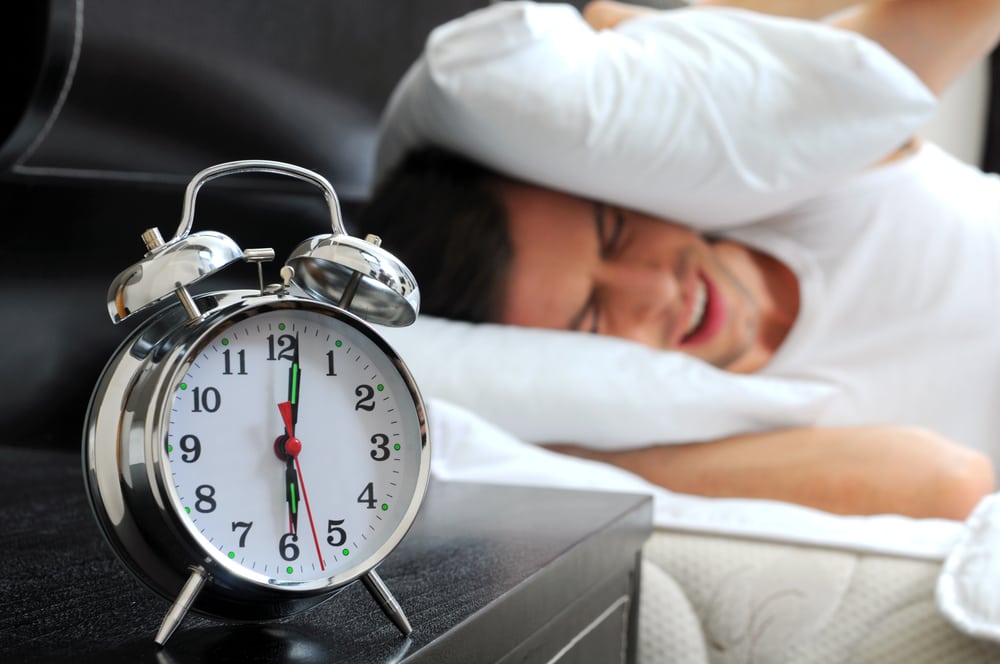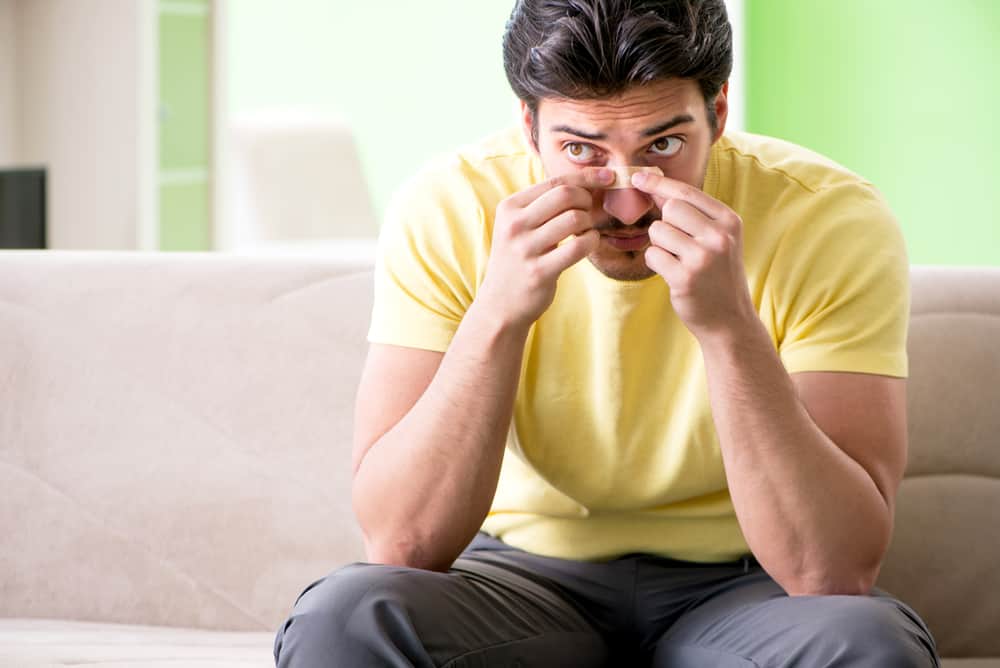Contents:
- Medical Video: Sleep and your Mental Health
- What happens to the brain due to lack of sleep
- Sleep deprivation also affects brain function
- Mental health problems that may arise due to lack of sleep
- Depression
- Bipolar disorder
- Anxiety disorders
Medical Video: Sleep and your Mental Health
Stay up late or sleeping late is no longer a strange sight. Everyone has stayed up late. Whether it's for completing office or school assignments, watching favorite team soccer matches, or because of insomnia. But watch out. Due to lack of sleep not only makes you sleepy all day, but also can blunt brain function for activities that trigger mental health problems. Well, you know!
What happens to the brain due to lack of sleep
Everyone's mental health depends on how the brain processes information. But if it is associated with sleeping time, both have complex relationships because they influence each other.
Due to lack of sleep because of insomnia, for example, can worsen a person's mental health, but on the other hand mental health disorders such as stress alone can contribute to the emergence of insomnia.
Stress itself is the most common emotional disorder as a result of lack of sleep. Professor Matt Walker quoted from Telegraph, explained that during lack of sleep time the part of the brain called the amygdala had increased activity by around 60 percent.
Overactive amygdala causes a decrease in the brain's ability to control emotions. Professor Walker also believes that the development of mental disorders in many people comes from the accumulation of sleep disorders.
Sleep deprivation also affects brain function
The impact of lack of sleep in general is not directly felt and will begin to appear if the brain is no longer able to tolerate poor rest. You are called sleep deprivation if long sleep at night You are less than six hours. However, the impact of the lack of a portion of sleep varies for each person, depending on the level of activity and health conditions of each body.
Some of the following are things that might happen to your brain due to lack of sleep:
- The brain works harder - the main cause of this is because the brain continues to receive drowsiness signals so it cannot work efficiently. A brain imaging study found that the brain in a drowsy person has increased activity to pump energy towards the prefrontal cortex to balance the brain's sufficient energy.
- Misty mind - known by the term brain fog. This is a term that describes brain disorders to coordinate. Misty thoughts make it difficult for you to concentrate, focus, and make decisions. Something similar can be experienced when a person experiences fatigue, but the impact of lack of sleep can be more serious.
- Hard to remember - this occurs in long-term and short-term memory. Long-term memory is needed to record important information that we need to remember all the time, and this process occurs when we sleep. Lack of sleep will disrupt the information storage process, so that it becomes more difficult for us to remember or learn new things. While short-term memory is needed to do complex things like counting or remembering a series of things. Using short-term memory requires concentration, which actually decreases if you lack sleep
- It's hard to get rid of habits - Drowsiness also decreases the brain's ability to control behavior, due to decreased control and ability to plan. So that in the emergence of a behavior, the brain will be easier to use existing patterns, namely habits. That is why eliminating bad habits will be more difficult if you are sleepy because the brain will tend to repeat the same behavior in the same situation.
Lack of sleep can also contribute to the emergence of mental health disorders, and even lack of sleep can further aggravate pre-existing mental health problems.
Mental health problems that may arise due to lack of sleep
Here are some mental health disorders related to lack of sleep:
Depression
Depression can occur as a result of lack of tidue, and can get worse if you have had this condition before. The reason, depression also causes insomnia. Improving sleep time is an important step in managing depression because people with depression will also be more difficult to recover if they experience sleep disorders.
ADHD
ADHD, aka a disorder of attention hyperactivity and deficit, can occur in adults and children. Sleep deprivation and ADHD have similar symptoms, and often occur at the same time, such as hyperactivity and drowsiness during the day, difficulty paying attention and unstable emotional conditions.
Bipolar disorder
Bipolar disorder can be a condition of mental disorder that you suffer from lack of sleep. Sleep deprivation can worsen mania phase episodes, and cause extreme fatigue which triggers duration sleeping too long during the depression phase.
Anxiety disorders
Anxiety disorder is one of the causes of reduced sleep time which also contributes to the appearance of sleep disorders, such as panic attack and nightmare. As a result of lack of sleep in patients with anxiety disorders will trigger blunt emotional control.












